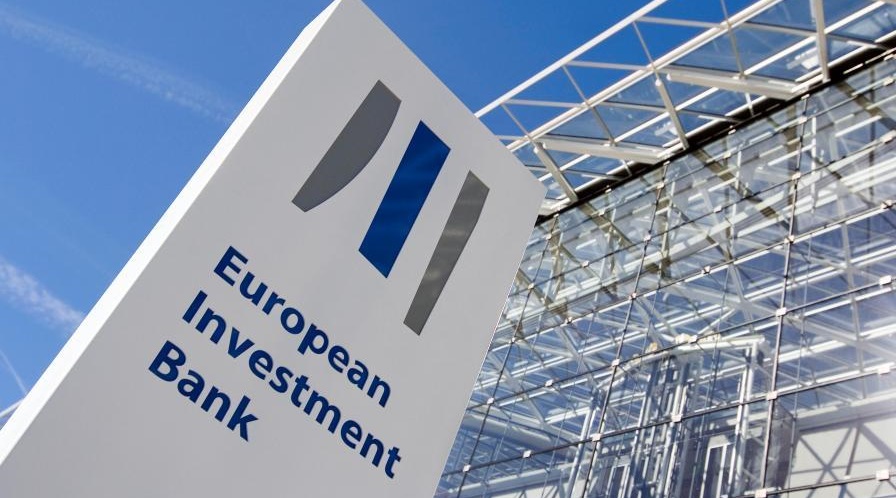Shaping the future of EIB Global

EIB Group’s headquarters. Copyright: EIB
Briefing | 3 June 2022
The European Investment Bank (EIB) has become a significant player in the field of development finance over the last decade. Its role is pivotal to the European Union’s external financing and development toolbox, which is becoming increasingly focused on investment.
Indeed, the bank stands at the heart of various investment plans driven by the European Union (EU). For example, it is the sole implementer of investment windows dedicated to lending to sovereign and sub-sovereign entities under the new European Fund for Sustainable Development Plus (EFSD+). Also, it will be competing with other public banks to access guarantees from the EU budget to support the private sector.
In 2022, the EIB created a new development branch called EIB Global. The EIB President portrays this as “our new arm for international partnerships and development finance [which] aims to further enhance impact and visibility of EU investments worldwide. We are placing more EIB bankers, engineers and economists on the ground, working within EU delegations, and are working hand in hand with the European Commission in the delivery of key EU global and regional policies”.
The main features of this new branch include:
- The creation of a new advisory group to guide the EIB board and define policies and strategies;
- Plans for enhanced regional presence, for instance, through a regional hub for East Africa in Nairobi, Kenya;
- No new cost allocation, which would result in more funding for external lending;
- Focus on development impact with a concrete role for the private sector and pursuing higher risks.
Apart from these announcements, there is limited information on EIB Global in the public domain. The aim of this paper – commissioned by Eurodad and endorsed by Counter Balance and CEE Bankwatch Network – is to contribute to an informed dialogue on the most appropriate ways in which EIB Global can operate as a public development bank. As civil society organisations that have been monitoring operations of public development banks for years, we consider it crucial to hold these institutions accountable and make sure that they truly operate in the public interest.
In fact, the creation of this new development branch raises many issues and questions that are explored in this paper:
- The EIB operations outside Europe are based on the general principles guiding EU external action as set forth in Article 21 of the Treaty on the European Union, such as supporting democracy and the rule of law, human rights and fundamental freedoms. To be a development bank, can EIB Global demonstrate that its operations are focused on a pro-poor sustainable development agenda, in line with the above-mentioned principles?
- At the moment, it is hard to see how EIB Global sets the development agenda as a priority of its core operations rather than acting as a tool of economic diplomacy and geopolitical interests for the EU. EIB Global’s stated objectives – such as increasing the impact of development finance, innovative finance, climate action and economic resilience – are not backed with a vision of a financing model and explanations of how it will differ from the model pursued by the EIB up until now.
- The business model of the EIB Global is largely to move massive volumes of financial flows with limited staffing and no additional financial resources. Can this approach ever be reconciled with its development objectives?
- There is little participation of recipient countries in the bank’s decision-making process, since the EIB governance structure is centred around its shareholders (the EU Member States) and European institutions (via the representatives of the European Commission and European External Action Service in its Board of Directors, for example). The EIB’s governance structure to strengthen participation of recipient countries and communities therefore remains unaddressed.
EIB Global must pursue public purpose goals, building in and on renewed mandates and processes that institutionalise democratic values and equitable development processes. It should not prioritise private financial investor interests. Citizens, communities, civil society organisations, and EIB shareholders, including EU Member States, have a role in making this possible. This is vital if EIB Global is to play an effective role in financing sustainable development in the wake of the Covid-19 crisis, and of the longer-term ambition to deliver on the Sustainable Development Goals (SDGs) and the Paris Agreement.
Theme: EIB Global
Tags: EIB | sustainable development
Never miss an update
We expose the risks of international public finance and bring critical updates from the ground. We believe that the billions of public money should work for people and the environment.
STAY INFORMED
